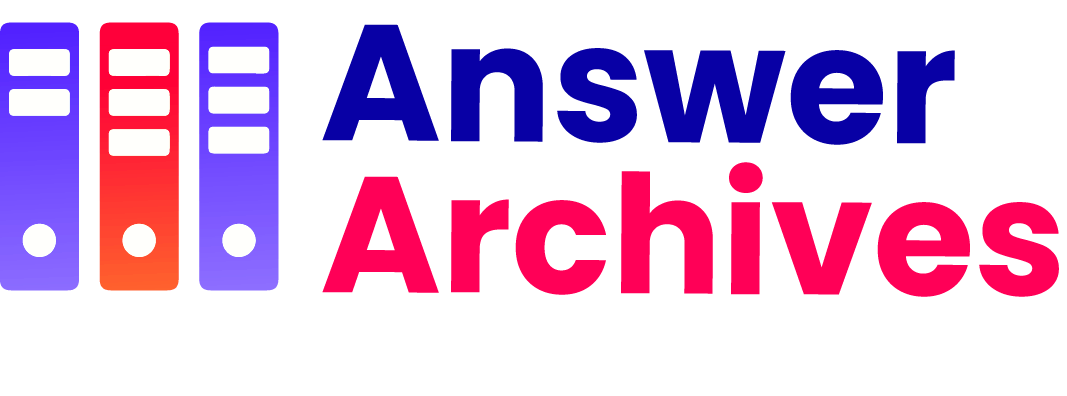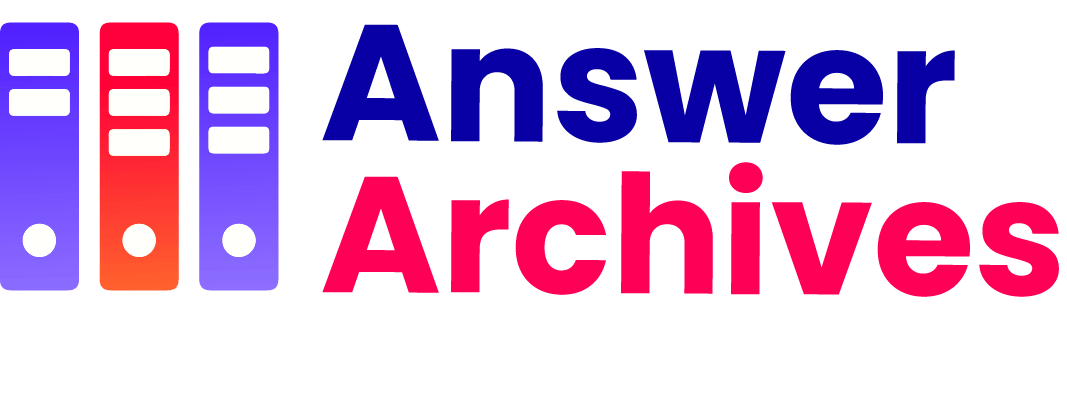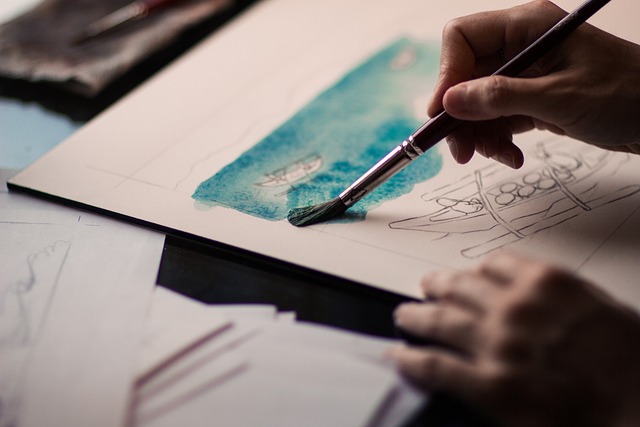Table of Contents
Engaging in performing arts classes can be transformative, offering a diverse range of experiences to develop and refine one&8217;s artistic voice, offering both personal and universal enrichment.
1. The Power of Self-Expression
Performing arts offer a unique way for individuals to express their emotions through various forms like acting, dance, and music. These arts use physicality, sound, and visual elements to convey nuance and depth, allowing individuals to explore different perspectives and emotions. Through performing arts classes, individuals learn techniques to share their personal narratives effectively, enhancing their communication skills and giving life to their own and others&8217; stories.
2. Unveiling Emotional Depths
Performing arts classes offer a unique opportunity to explore one&8217;s emotional depths, requiring bravery, honesty, and emotional literacy. Exercises like emotional recall in acting and dance require vulnerability, fostering emotional literacy and resilience. These classes provide a supportive environment for students to manage and present their emotions constructively, enriching their artistic abilities and personal growth, ultimately leading to a deeper understanding of their true selves.
3. Building Technical Mastery
While self-expression and emotional exploration are core to the performing arts, technical mastery is equally important. Performing arts classes emphasize the development of skills that form the foundation of any artistic endeavor. These skills provide the structure upon which creativity can flourish.
In music, for instance, learning to read sheet music, understanding theory, and practicing scales are fundamental before one can improvise or compose new pieces. In dance, mastering basic techniques enables dancers to execute more complex movements and combinations. Similarly, in acting, voice modulation, diction, and physicality are crucial skills that enable actors to bring characters to life convincingly.
Experienced instructors in performing arts classes guide students through progressive stages of skill development. This instruction is often intensive and rigorous, requiring consistent practice and perseverance. However, the rewards of this hard work are evident in the increased confidence and competence students exhibit as they advance.
Technical mastery is not about stifling creativity; rather, it provides artists with a toolbox of techniques to draw upon. It allows them to experiment and innovate within a framework of established skills, leading to more nuanced and polished performances. As students begin to master these techniques, they find themselves better equipped to express their unique artistic voice.
4. Collaborative Creativity
The performing arts are inherently collaborative. Whether it’s a theater production, a dance ensemble, or a musical band, these art forms thrive on the synergy of multiple talents. Collaboration teaches valuable lessons in teamwork, empathy, and communication, which are essential both on and off the stage.
In a theater class, for example, students must work together to bring a script to life. This involves not just acting but also understanding the roles of the director, stage manager, costume designer, and other crew members. Each role is integral to the final performance, and success depends on the seamless integration of all these elements.
Dance classes often require synchronization and trust among group members. Collaborative choreography involves negotiating space, timing, and energy with others, which fosters a deep sense of connectivity and mutual respect. In music, playing in an ensemble or band necessitates listening and responding to others while maintaining one&8217;s contribution to the collective sound.
Performing arts classes create a microcosm of broader social dynamics, offering a practical workshop in collaboration. These experiences teach students how to give and receive constructive feedback, resolve conflicts, and celebrate joint achievements. The ability to work collaboratively enhances the creative process, leading to richer and more dynamic artistic expressions.
5. Finding Your Unique Voice
Ultimately, the goal of participating in performing arts classes is to discover and refine your unique artistic voice. This journey is deeply personal and varies widely from one individual to another. It&8217;s about finding the confluence of self-expression, emotional depth, technical mastery, and collaborative experience that resonates most authentically with you.
Through the myriad experiences offered in performing arts classes, students begin to identify their artistic preferences and strengths. Some may find a deep affinity for a particular dance style, while others might discover a passion for a specific musical instrument or acting technique. As these preferences become clearer, students can pursue specialized training to further develop their niche.
Moreover, the process of discovering one&8217;s artistic voice is ongoing. It evolves as you continue to grow personally and professionally. What remains constant is the foundation built through performing arts education: the ability to express oneself authentically, collaborate effectively, and master the technical skills required for artistic endeavors.
Performing arts classes provide a structured yet flexible environment where exploration and experimentation are encouraged. In this nurturing setting, students have the freedom to fail and learn from those failures, leading to breakthroughs that shape their artistic identity. By embracing this journey, you gain the tools and confidence to share your unique voice with the world, enriching both your life and the broader artistic community.


